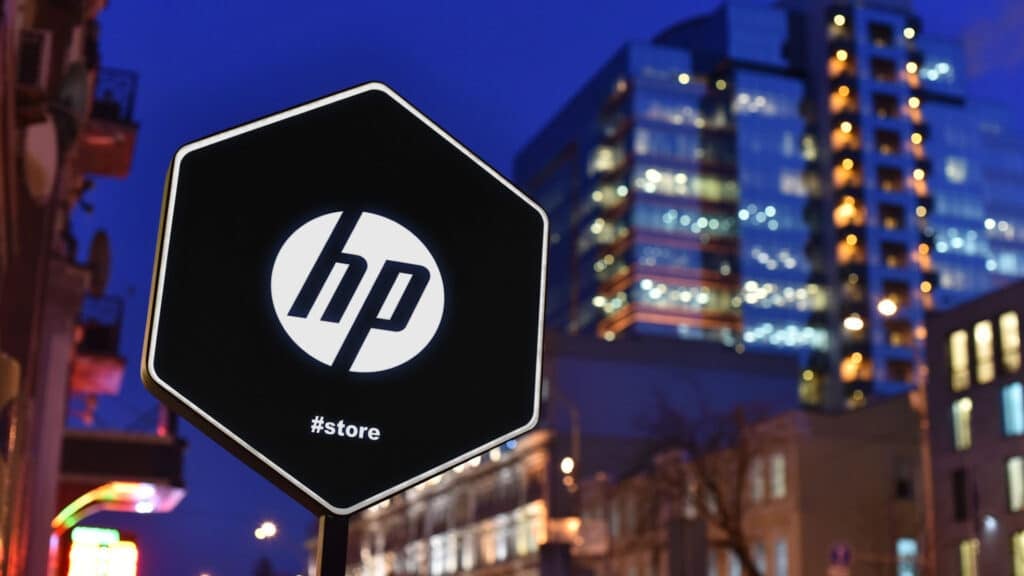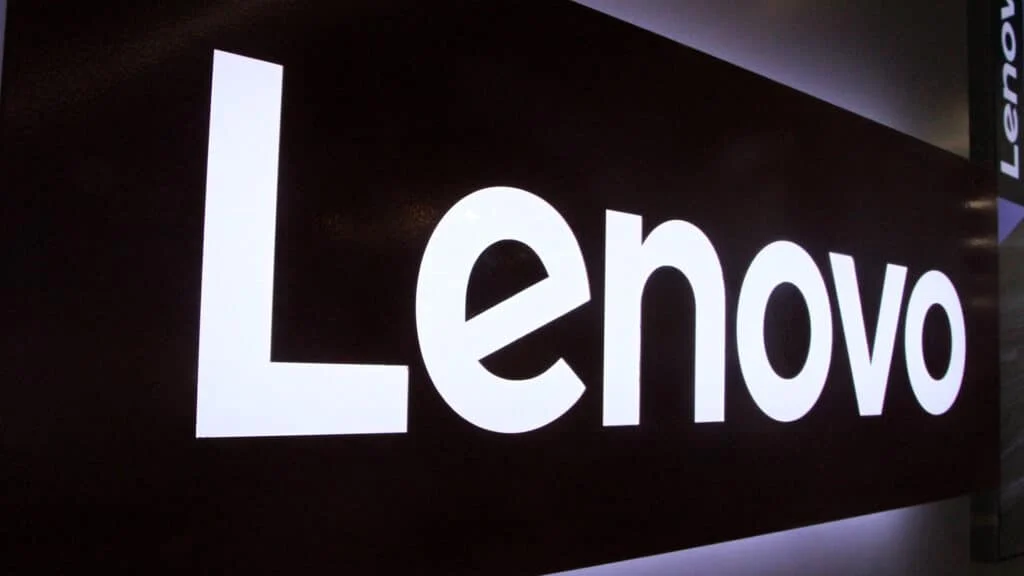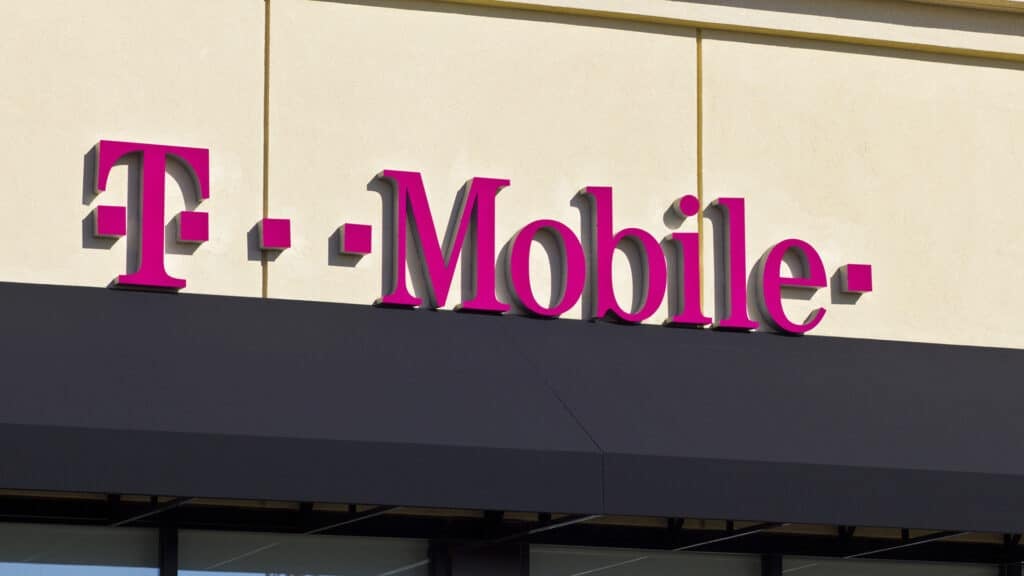The Six Five team discusses Dell’s announcement of a Qualcomm-based laptop.
If you are interested in watching the full episode you can check it out here.
Disclaimer: The Six Five Webcast is for information and entertainment purposes only. Over the course of this webcast, we may talk about companies that are publicly traded and we may even reference that fact and their equity share price, but please do not take anything that we say as a recommendation about what you should do with your investment dollars. We are not investment advisors and we ask that you do not treat us as such.
Transcript:
Daniel Newman: We talked a little bit about Qualcomm’s advancements at the Edge for AI, but what about their mega plans to become the next big processor provider to laptops? Up to now, they did not have a Dell SKU. And we all know, I’m pretty sure that Dell kind of leads the market in some places in this space. So having Dell would be kind of important.
Patrick Moorhead: I view this laptop as a pipe cleaner for the big dog that’s going to be coming out afterwards, the Qualcomm Orion. Qualcomm and Dell, I believe, want the Orion platform to drive a ton of volume. It is very differentiated versus anything that Qualcomm has brought out. It has the Nuvia based core, it has some, and I’m hearing some serious AI features in it. So I view this as a pipe cleaner to get this through. And some of the questions that I had – it was interesting. I was trying to find out how to buy this thing. I couldn’t find how to buy this platform. And when I go to the dell.com site, you get to choose from Intel and AMD processors. I didn’t see a Qualcomm processor anywhere. Maybe that’s the sign that it’s sold out. I have no earthly idea and I couldn’t find it on the internet to buy it here in the US.
I do think, and I do know that this is real, and for Dell to do something non-Intel is always amazing to me. They’ve used AMD for a few years but interestingly enough, Qualcomm at Dell isn’t 100% new. Dell had a SKU during the Windows 8 days that had a Qualcomm-based processor in it. Believe it or not, there were three vendors that had ARM-based SOCs for Windows 8 – TI, Qualcomm and NVIDIA. Okay, little fun fact for you many years ago. But anyways, I’m hopeful that the folks at Dell working with the folks at Qualcomm and their channel partners will figure this out because I think it’s very important. I will note too that this SKU is at a very, very competitive price at, gosh, I think, is it $799?
Daniel Newman: Yeah. I’m not in front of it, but Pat.
Patrick Moorhead: Oh sorry, $499. Excuse me.
Daniel Newman: So look, like I was saying the trifecta being AMD, Intel and now Qualcomm makes this whole market a whole lot more interesting. Let’s be very clear. Qualcomm, it’s very early days in terms of market share, but we all know that it starts with design wins. We’ve heard, anyone that’s followed their automotive story knows that the revenue versus the design win portfolio, it tends to have a vast differentiation or delta, and then suddenly that catches up as you go from design wins to building SKUs to shipping product. And Qualcomm with its acquisition of Nuvia made a huge bet, one that’s created a ongoing legal battle with ARM. One that’s probably made our friends at Apple just a little bit nervous because we all know that the Nuvia platform was really designed to be the first PC to really attack that sort of Apple experience.
Right now, that’s really not what we’re getting at this moment from Qualcomm. What we’re getting right now from Qualcomm is signal of intent. Qualcomm took its sort of existing capabilities to build mobile SOCs, especially for the smartphone and then develop them a series of systems that could be utilized in lightweight, low power, efficient mobile devices. And so now what we’ve basically got is a nice solid race towards the next year or two when that Nuvia technology starts to get embedded – I think codename Orion starts to get embedded into the new devices Pat. So getting Dell on board, Dell, Microsoft, HP, not LG, do they have LG? They got Samsung, they’ve got Huawei, and they have Lenovo. So there’s a number of different SKUs now. That SKU is going to be about expanding designs, moving up and downstream. I think the real opportunity for them is going to be the premium tier with the new product. That’s going to be the exciting space. But nevertheless, it’s never a bad idea to say, dude, you’re getting a Dell with a Qualcomm chip in it.
Author Information
Daniel is the CEO of The Futurum Group. Living his life at the intersection of people and technology, Daniel works with the world’s largest technology brands exploring Digital Transformation and how it is influencing the enterprise.
From the leading edge of AI to global technology policy, Daniel makes the connections between business, people and tech that are required for companies to benefit most from their technology investments. Daniel is a top 5 globally ranked industry analyst and his ideas are regularly cited or shared in television appearances by CNBC, Bloomberg, Wall Street Journal and hundreds of other sites around the world.
A 7x Best-Selling Author including his most recent book “Human/Machine.” Daniel is also a Forbes and MarketWatch (Dow Jones) contributor.
An MBA and Former Graduate Adjunct Faculty, Daniel is an Austin Texas transplant after 40 years in Chicago. His speaking takes him around the world each year as he shares his vision of the role technology will play in our future.





